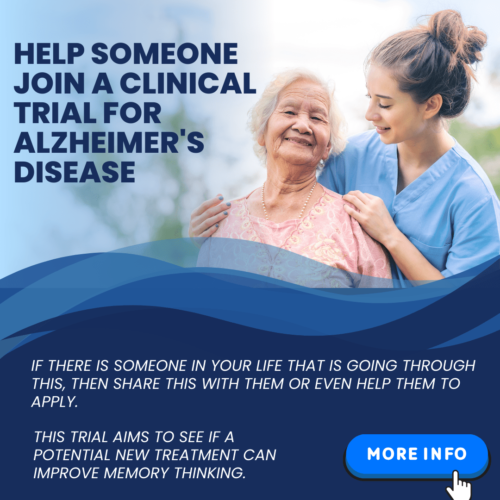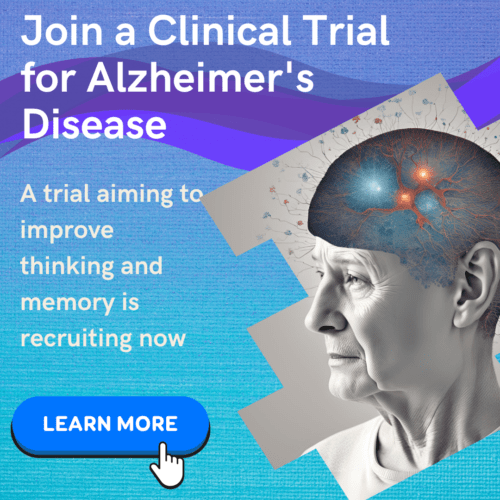Alzheimer’s disease is a progressive neurological disorder that affects millions of people worldwide. As our population ages, it’s becoming increasingly important to understand this condition, its impact, and the ongoing efforts to find effective treatments.
What is Alzheimer’s Disease?
Alzheimer’s disease is the most common form of dementia, accounting for 60-80% of cases. It is characterized by a gradual decline in cognitive function, particularly memory, thinking, and reasoning skills. The disease is named after Dr. Alois Alzheimer, who first described it in 1906.
Symptoms of Alzheimer’s Disease
The symptoms of Alzheimer’s typically develop slowly and worsen over time. Common signs include:
- Memory loss that disrupts daily life
- Difficulty planning or solving problems
- Trouble completing familiar tasks
- Confusion with time or place
- Problems with visual perception
- New problems with words in speaking or writing
- Misplacing things and losing the ability to retrace steps
- Decreased or poor judgment
- Withdrawal from work or social activities
- Changes in mood and personality
Causes of Alzheimer’s Disease
The exact causes of Alzheimer’s disease are not fully understood, but researchers believe it’s a complex interplay of genetic, environmental, and lifestyle factors. Some key factors include:
Age: The greatest known risk factor; most individuals with Alzheimer’s are 65 and older.
Genetics: Certain genes, like the APOE-e4 gene, can increase risk. Rare genetic mutations can also cause early-onset Alzheimer’s.
Family history: Having a first-degree relative with Alzheimer’s increases risk.
Brain changes: Alzheimer’s is characterized by:
Buildup of beta-amyloid plaques between nerve cells
Formation of tau tangles inside nerve cells
Chronic inflammation
Loss of connections between neurons
Vascular health: Conditions that damage heart and blood vessels, like high blood pressure, heart disease, stroke, and high cholesterol, may increase risk.
Traumatic brain injury: Severe or repeated head trauma may increase risk.
Lifestyle and environmental factors: Poor sleep patterns, lack of exercise, social isolation, and exposure to air pollution may contribute to risk.
It’s important to note that having one or more risk factors doesn’t guarantee that a person will develop Alzheimer’s. Ongoing research continues to uncover more about the complex causes of this disease.
Known Treatments
While there is no cure for Alzheimer’s disease, several approaches can help manage symptoms and improve quality of life. Treatment plans are individualized and may include:
Medications to manage symptoms (always consult a healthcare professional)
Non-drug approaches such as:
- Cognitive stimulation activities: Engaging in puzzles, learning new skills, or playing memory games can help maintain mental function.
- Regular physical exercise: Adapted to individual abilities, exercise can improve mood, sleep, and potentially slow cognitive decline.
- Social engagement: Maintaining connections through community events or support groups can boost emotional well-being and cognitive health.
- Proper nutrition: A balanced, nutrient-rich diet supports overall health and may influence cognitive function.
- Stress management techniques: Practices like meditation or gentle yoga can improve quality of life and help manage symptoms.
- Creating a supportive living environment: Modifying the home to enhance safety and reduce confusion can help maintain independence.
A comprehensive treatment plan often combines these approaches, tailored to the individual’s needs and disease stage. Regular consultation with healthcare providers is crucial to adjust the plan as needed.
The Importance of Clinical Trials
Given that there is no cure for Alzheimer’s, many individuals with the disease choose to participate in clinical trials. These trials offer several potential benefits:
Access to cutting-edge treatments: Participants may have the opportunity to receive next-generation medications before they become widely available.
Contributing to scientific knowledge: Even if a trial doesn’t lead to a breakthrough, the data collected can be invaluable for future research.
Regular medical care: Participants often receive more frequent check-ups and monitoring than they would otherwise.
Hope: For many, participating in a trial provides a sense of purpose and hope for the future.
It’s important to note that while clinical trials are crucial for advancing Alzheimer’s research, participation is a personal decision that should be made in consultation with healthcare providers and loved ones.
For those interested in exploring clinical trial opportunities, here are five websites where you can search for trials in your area:
ClinicalTrials.gov: A database of privately and publicly funded clinical studies conducted around the world.
Clinials.com: A clinical trials database with a user-friendly interface and trials information explained in plain language.
Alzheimer’s Association TrialMatch: A free, easy-to-use clinical studies matching service for individuals with Alzheimer’s, caregivers, and healthy volunteers.
Alzheimer’s Prevention Registry: Connects individuals with researchers conducting Alzheimer’s prevention trials.
Conclusion
While Alzheimer’s disease remains a challenging condition, ongoing research and clinical trials offer hope for better treatments and, eventually, a cure. By understanding the disease and supporting research efforts, we can work towards a future where Alzheimer’s no longer robs individuals of their memories and independence.

Maximizing ROI with Clinials: How Our Platform Streamlines Clinical Trial Operations
In today’s fast-paced clinical research landscape, time is money—literally. The ability to streamline processes, reduce time spent on manual tasks, and cut costs is crucial for success. At Clinials, we understand this, and that’s why our platform is designed to create tangible Return on Investment (ROI) for our customers, particularly
Understanding Lumpectomies for Breast Cancer Treatment
Are you or a loved one facing a breast cancer diagnosis? Understanding your treatment options is crucial, and lumpectomy may be a viable option. This less-invasive procedure aims to eliminate cancer while preserving as much of the breast as possible. But what exactly is a lumpectomy, and what does it entail? Our comprehensive guide provides everything you need to make informed decisions about your health and care, including pre- and post-surgery care, benefits and risks, success rates, and more. Plus, learn how to get involved in clinical trials to access cutting-edge treatments and contribute to medical research.
Understanding Alzheimer’s Disease: Symptoms, Treatment, and Hope for the Future
Exploring Alzheimer’s Disease: Understanding the Causes, Symptoms & Treatments. As our population ages, Alzheimer’s is becoming more prevalent. Join us to learn about breakthroughs in research and ways to manage symptoms. Discover hope for the future of Alzheimer’s treatment.


